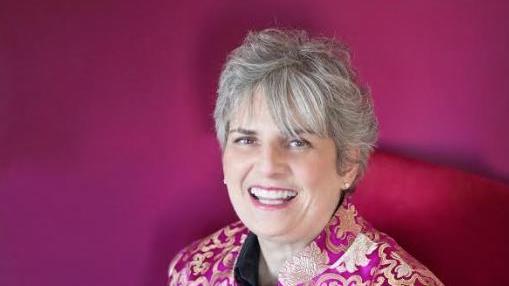One of the hardest aspects of COVID-19 has been enduring the agony of being separated from family members who need difficult health care decisions to be made on their behalf.Words of comfort on FaceTime don’t have the same impact as the touch of a trusted spouse, partner or adult child who instinctively knows what loved ones want and need. That’s one of the reasons my estate planning clients are revisiting whom they appoint to make their medical and end-of-life decisions if they become incapacitated. In other words, who should they name as their agents in their health care proxies, durable powers for health care (“DPFHC”) and advance directives?
Categories
- Advanced Directive
- Annika Bockius-Suwyn
- Beneficiary
- Blog
- Business Law
- Charity Scams
- Deborah Danger
- Divorce
- Elder Law
- Estate Planning
- Family Law
- Featured
- Firm News
- Giving
- Guest Blog
- Health Care Proxy
- Jessica Putney
- Kerry Reilly
- LGBTQ+ community
- Living Will
- Marie Guthrie
- Prenup
- Press Release
- Probate Administration
- Sean Downing
- Trans Community
- Trusts
- Uncategorized
- Wills

